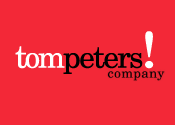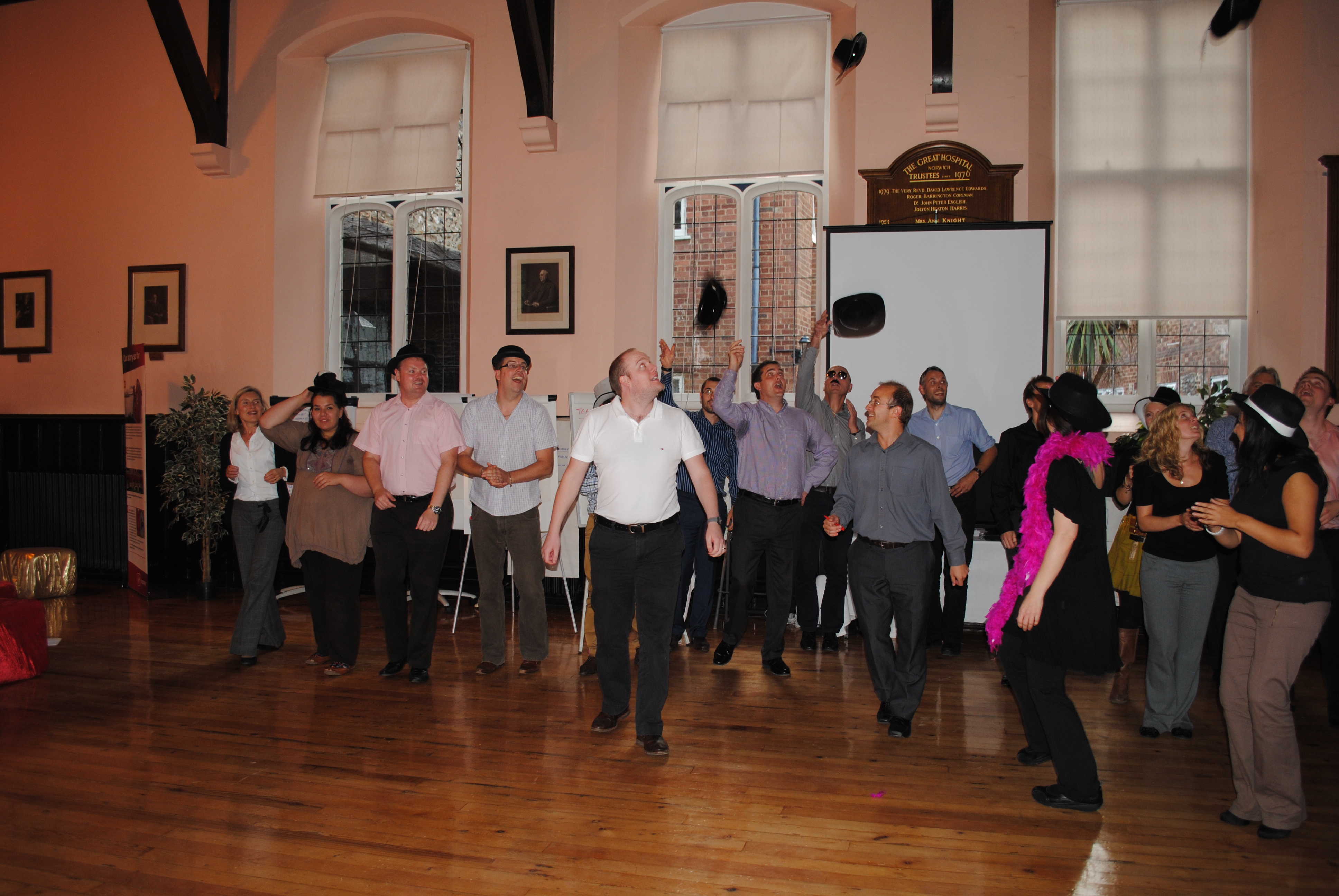“People always come away from your events all fired up. But how do we keep that energy going for longer back at work?” CEO, Design and Build SME
Long term value added can undoubtedly come from participating in well structured training and development events with the usual mix of expert inputs, experiential exercises and group discussions. Some participants go as far as acknowledging them as life changing experiences. But client comments like the one above are more common in my experience and should give rise to serious food for thought. How can we do a better job of helping people to take responsibility for their growth and development back in the workplace, whether or not they have regular access to set piece T&D events?
Here are some of the questions we have been asking ourselves:
Why should people be bothered?
Adults (and most children, come to that!) only really learn what they want to learn. Yes, they may slog away at prescribed learning – maybe new regulations or preferred methodologies – but only if they have decided this knowledge is going to make a difference to THEM and their lives. Why bother should be the first question we ask about any subject we are trying to plug – and so should our participants.
What problem are people trying to solve?
Humans are naturally programmed to solve problems we encounter in our lives. Just think about what happens when you talk to interested colleagues and friends about something that continues to baffle you. People come up with different angles, suggest alternative ways to approach the problem, and if you are lucky, put forward alternative solutions that look good enough for you to try. Solving real life problems is where the vast majority of us pick up our most meaningful learning. If what we are trying to learn is focused on problems we really want to solve, we are much more likely to stick with it.
What do people need to learn?
How can we know what new knowledge or skill another person needs? In the good old days, when we wanted to get a cadre of people to take on a change at work, we would set up a standard ‘sheep-dip’ training program and transmit the same body of knowledge though the same medium to everyone. Engineers or accountants or production managers are all the same, right? WRONG!!
We’ve all got our own unique cache of knowledge and experience, and we’ll always begin work assignments by drawing on that. And then we realise there’s a gap. We can’t quite get the solution to work because we are missing vital pieces of the jigsaw. The learner is the only person who can describe what their gap is. They may not express it brilliantly, but they can describe what is not working for them and what they want to be able to do. “How do I?” is an open invitation for others to contribute their expertise, and their input is welcomed. If only T&D inputs were delivered and received in that context!
Helping learners to ask the right questions for them is a key skill for learning professionals.
Who really cares?
Your bosses may say they are committed to your growth, but how can you tell if they are serious? What do you see them doing to support your personal development? How much of their time do you see them devote to this? Do they help you to understand and connect with the direction the business and/or your profession is taking in the future? Do they work with you to set up work assignments that involve learning experiences that will help you? And do they devote time to connecting you to people who can help you to grow? It’s much more than writing a cheque to pay for set piece courses. Are they prepared to put some of their skin into the game? That’s how we find out if they really care!
What does 21st Century Learning look like?
The response to the dilemma posed by this SME Chief Executive felt quite bold and adventurous when we started out. We had to shift our thinking from ourselves to the learners and their motivations to learn. The energy to drive the learning forwards had to come from the participants.
Sure, we have an excellence model and use a group launch event, but the underlying purpose is for individuals to choose learning targets that they care about to take back and work on in the workplace. The topic choices are theirs. They choose a mentor from a nominated list of influential people who can help them to create relevant experiences from which they will learn and grow. The following year is spent researching, executing and reporting back on their learning experiences. It is Experiential Learning, but not as we had previously known it.
The test of success is whether the participants continue to take responsibility for their own learning after they graduate from the program. The signs are encouraging and by the end of the first year, a second group has been commissioned. The client is delighted with the participants’ progress and is making structural changes inside the company to install this approach to talent development into the company culture.
So What for You?
Speaking personally, this experience has shifted my mindset towards my work fundamentally.
How about you? If you are a manager, learning practitioner, or an individual making your way in your profession, how do you see the world of training and development changing for you?




